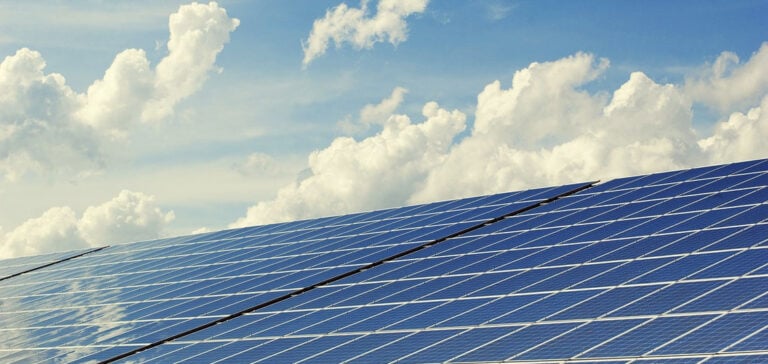A group of environmental activists, acting anonymously, recently drew attention to the construction site of a future photovoltaic power plant near Cruis, in the Alpes-de-Hautes-Provence region of France. Their mission is to attach themselves to the site’s mechanical equipment in order to stop its construction. Although it may seem paradoxical, their battle isn’t withsolar power generation per se, but rather with the method used to achieve it, as the project has resulted in the felling of hundreds of trees, which is causing concern among environmentalists.
The motivations of environmental activists
A number of local environmental associations are also opposed to the project, arguing that rural communities should sacrifice their natural environments for the benefit of cities, instead of reducing their energy consumption. They also criticize the choice of some multinationals to invest in remote, sparsely populated areas, on cheap forest land, instead of favoring sites that are already degraded or artificial.
Boralex’s defense
Boralex, the company behind the project, defends its initiative on the grounds that it will help to rehabilitate communal plots of land that have not been very fertile since a fire in Cruis in 2004. Once completed, the solar park should generate around 26 GWh of green energy per year, equivalent to the annual electricity consumption of around 12,000 inhabitants. In exchange, the company will pay rent to the village of Cruis for 30 years.
Opponents’ complaints and protected species
Despite these arguments, opponents of the project have lodged complaints of unauthorized destruction of the habitats of at least 90 protected species listed on the site, including the Alexanor, the ocellated lizard and the wolf.
[Conclusion] This conflict highlights the tensions between the energy transition and the preservation of biodiversity. As France strives to increase the share of renewable energies in its electricity production, environmentalists insist on the need to preserve the natural environment. The debate on the best approach to achieve these objectives remains open.






















